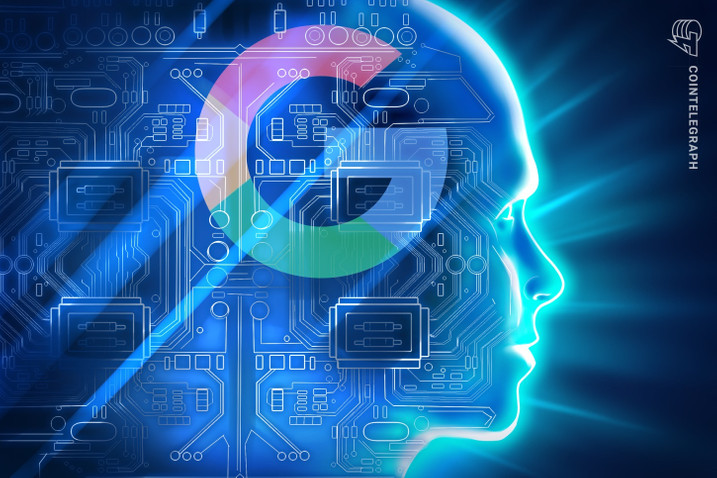
Google updates its privacy policy to allow data scraping for AI training
The latest updates to Google’s privacy policy reveal that Google may use any public information available to train its various AI products and services.
Google has made updates to its privacy policy that now allow it to take any publicly available data and use it for artificial intelligence (AI) training purposes.
The update to the company’s privacy policy came on July 1 and can be compared to previous versions of the policy via a link published on the site’s update page.
In the latest version, changes can be seen that include the addition of Google’s AI models, Bard and Cloud AI capabilities, to the services it may train by using “information that’s publicly available online” or from “other public sources.”
The policy update infers that Google is now making it clear to the public and its users that anything that is publicly uploaded online could be used in its training processes with the current and future AI systems it develops.
This update from Google comes shortly after OpenAI, the developer of the popular AI chatbot ChatGPT, was charged with a class-action lawsuit in California over allegedly scraping private information from users via the internet.
The suit claims that OpenAI used data from millions of comments on social media, blogs, Wikipedia and other personal information from users to train ChatGPT without first getting consent to do so. The lawsuit concludes that this, therefore, violated the copyrights and privacy rights of millions of users on the internet.

Twitter’s recent change in the number of tweets users are able to access depending on their account verification status has caused rumors across the internet that it was imposed partially due to AI data scraping.
The documents of Twitter’s developers read that rate limits were imposed as a method to manage the volume of requests made to Twitter’s application program interface.
Elon Musk, the owner and former CEO of Twitter, recently tweeted about the platform “getting data pillaged so much that it was degrading service for normal users.”
Source : cointelegraph
